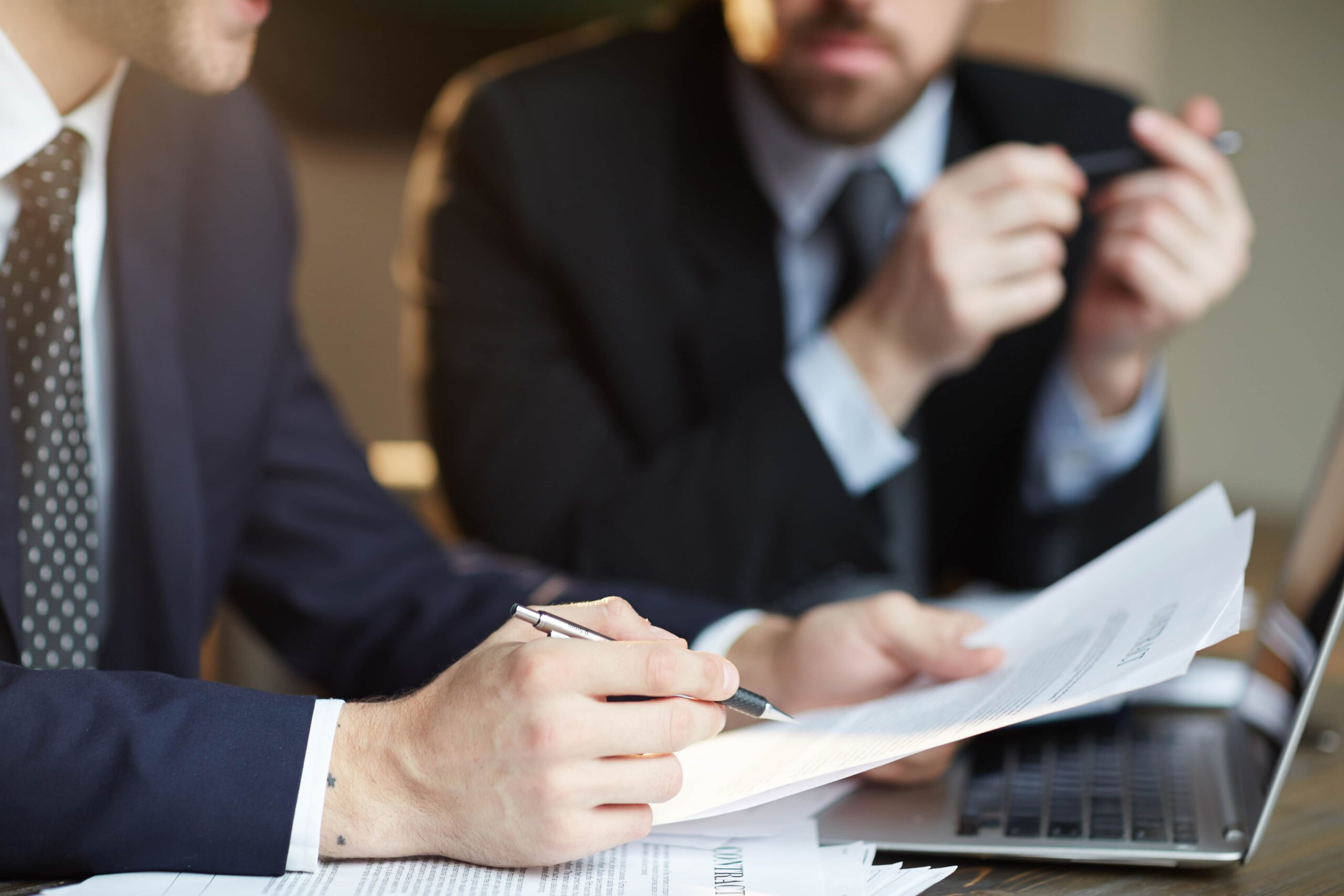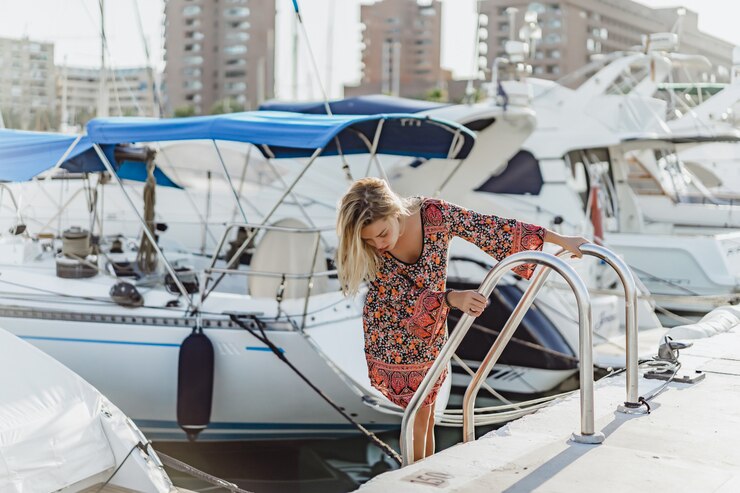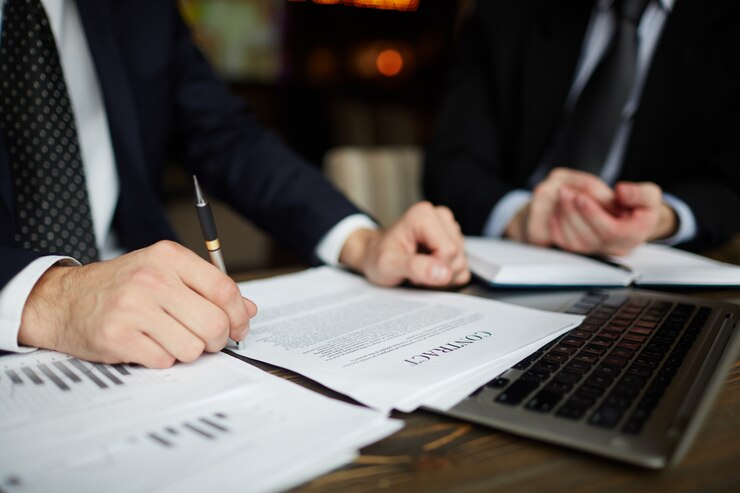Boating, for many, symbolizes freedom and joy on the water. Yet, this idyllic image can quickly turn dire in the event of a boating accident. Accidents on the water, unlike those on land, present unique challenges and dangers. The isolation, variable conditions, and often limited immediate access to emergency services increase the gravity of these situations. Understanding the critical steps to take immediately following a boating accident is not just helpful; it's potentially lifesaving. This knowledge can drastically change outcomes, providing safety for all involved and ensuring legal and procedural steps are correctly followed. Our discussion here is aimed at equipping you with essential actions to take in the crucial moments after a boating accident.
The Immediate Response to a Boating Accident
When a boating accident occurs, your immediate actions are critical for ensuring safety and mitigating further harm. The first step is to check for personal injuries. If anyone is hurt, provide necessary first aid within your capability and call for emergency medical help at once. If the boat is still operational and in a hazardous location, move to a safer area if possible, ensuring not to leave the scene of the accident.
Quickly assess the situation for risks like fire, sinking, or potential collisions with other vessels. If there's a threat of the boat sinking, ensure everyone has life jackets and prepare to evacuate if necessary. Activate distress signals to alert nearby boats and rescue services. This can include flares, emergency beacons, or VHF radio distress calls.
It's crucial to remain calm and think clearly during these moments. If you're unsure about the severity of the situation, err on the side of caution and seek help. Remember, in the chaotic aftermath of a boating accident, prioritizing the safety of all passengers is paramount. These initial steps are not only vital for immediate safety but also crucial for any future dealings with insurance companies or a personal injury lawyer.

Assessing and Reporting the Accident
After ensuring everyone’s safety, your next priority is to assess the accident scene. Look for and document any injuries, no matter how minor they seem, as they could develop into more serious conditions later. Similarly, assess the extent of damage to your vessel and any others involved.
Reporting the accident to the authorities is a critical step. If there are injuries, disappearances, or significant property damage, you must report the accident to the local marine authorities, coast guard, or police as soon as possible. The timeframe for reporting can vary, but it’s typically required within 48 hours for serious incidents.
Detailing the exact events while they're fresh in your mind is crucial. Record your observations, the conditions at the time of the accident, and any other relevant information. This report will be invaluable not only for official records but also if you need to consult a personal injury lawyer for legal advice or claims processing. Remember, accurate and timely reporting can significantly impact the outcome of any legal or insurance-related proceedings following the accident.
Documenting the Scene and Gathering Evidence
Once the immediate safety concerns are addressed, it's crucial to document the accident scene comprehensively. This step is vital for insurance claims, legal procedures, and if you need to consult a boating accident attorney. Start by taking extensive photographs of the accident site from various angles, capturing the damage to all vessels involved, any injuries, and environmental conditions like water currents, weather, and lighting at the time of the accident.
In addition to photos, make a written record of the event. Include the date, time, location (GPS coordinates if possible), and a detailed account of what happened before, during, and after the accident. Note any navigational markers, buoys, or landmarks that can help pinpoint the location.
Gathering witness information is equally important. If there are other boaters, passengers, or bystanders who witnessed the accident, collect their names, contact information, and a brief account of their observations. Their testimonies can be crucial in piecing together an accurate account of the incident.
Remember, the more detailed and accurate your documentation, the more it will assist your boating accident attorney in effectively representing your case. This thorough evidence collection can make a significant difference in the outcome of any legal proceedings or insurance claims.

Medical Attention
After a boating accident, seeking medical attention is imperative, even if no injuries are immediately apparent. Some injuries, particularly those related to trauma or water impact, may not be immediately noticeable. Internal injuries, concussions, and whiplash are common in boating accidents and can manifest symptoms hours or even days later.
Visiting a healthcare professional as soon as possible ensures that any hidden injuries are diagnosed and treated promptly. This step is not just crucial for your health, but also for any future legal claims. Medical records serve as an official account of your injuries, which is critical if you need to seek compensation with the help of a boating accident attorney.
Even in cases where you feel unharmed, a medical checkup provides a comprehensive health record that can be vital if symptoms related to the accident appear later on. It’s always better to be cautious and have a medical evaluation for peace of mind and legal prudence. Remember, prioritizing your health is paramount, and it also strengthens any potential legal claims related to the boating accident.
Notifying Your Insurance Company
Promptly notifying your insurance company after a boating accident is a critical step in the aftermath. Contact your insurance provider as soon as possible to initiate the claims process. Be prepared to provide detailed information about the accident, including the date, time, and location, as well as a description of what happened.
When communicating with your insurance company, it's essential to be honest and accurate in your statements. Provide all requested documentation, such as photos of the accident scene, witness statements, and any medical records related to injuries sustained during the accident. Keep a record of all interactions with your insurer, including the names of representatives you speak with and the details of your conversations.
Expect your insurance company to assign an adjuster to your case. This individual will investigate the incident, assess damages, and determine the validity of your claim. Cooperation and transparency during this process are crucial. Remember, a good personal injury lawyer can also assist you in navigating the complexities of dealing with insurance companies, especially if disputes arise.

Legal Considerations and When to Contact an Attorney
In the wake of a boating accident, there are important legal considerations to keep in mind. If injuries occurred, or if there is substantial damage to vessels or property, it's advisable to consult a good personal injury lawyer who specializes in boating accidents.
An attorney can provide invaluable guidance on your legal rights and options. They can help you navigate the complex legal process, gather evidence, communicate with insurance companies, and ensure that your interests are protected. Additionally, a lawyer can advise you on potential claims, including personal injury claims, property damage claims, or even wrongful death claims if applicable.
It's crucial to contact an attorney early in the process, as there are often time limits for filing claims or lawsuits after a boating accident. They can evaluate the circumstances of the accident and provide you with a clear understanding of whether pursuing legal action is in your best interest.
Remember that having a good personal injury lawyer on your side can make a significant difference in the outcome of your case. They are experienced in advocating for your rights and ensuring that you receive the compensation you deserve in the event of a boating accident.
Dealing with the Aftermath of an Accident
The aftermath of a boating accident can be emotionally and psychologically challenging for everyone involved. Feelings of shock, fear, and anxiety are common reactions. It's essential to acknowledge these emotions and seek support when needed. Talking to friends, family, or a professional can provide a safe space to express your feelings and begin the healing process.
Coping with the aftermath also involves taking care of your physical well-being. Ensure you follow through with any recommended medical treatments and therapies. Prioritize self-care, including adequate rest, nutrition, and exercise, to aid your recovery.
Moreover, don't underestimate the value of professional help. A swimming pool accident lawyer can assist you in navigating legal aspects, but they can also connect you with resources for emotional support. Remember, healing is a process, and seeking assistance when needed is a sign of strength.

Preventive Measures for Future Boating Safety
While accidents can be traumatic, taking preventive measures for future boating safety is essential. Prioritize education and training in boating safety practices. Attend boating safety courses to learn about navigation, emergency procedures, and how to respond to various situations.
Regularly maintain your boat to ensure it's in safe working condition. Check all safety equipment, including life jackets, flares, and fire extinguishers, to make sure they are functional and up-to-date.
Stay informed about weather conditions before heading out on the water. Sudden weather changes can pose risks, so always be prepared.
Lastly, never operate a boat under the influence of alcohol or drugs. Impaired boating is a leading cause of accidents. Always designate a sober driver or skipper.
Taking these preventive measures not only keeps you safe but also contributes to the safety of others sharing the waterways.
Closing Remarks
In the face of a boating accident, knowing what to do immediately is crucial. It's about safety, protection, and ensuring that your rights are upheld. Whether it's notifying your insurance company, seeking medical attention, or consulting a swimming pool accident lawyer, each step plays a vital role in your recovery and potential legal proceedings.
By following these essential steps and being prepared, you empower yourself to handle the aftermath of a boating accident more effectively. Remember that seeking support for emotional and physical recovery is a sign of resilience. Let's not forget that prevention is key, and prioritizing boating safety through education and responsible practices ensures a safer and more enjoyable experience on the water. Stay safe, stay informed, and be prepared for the unexpected.



